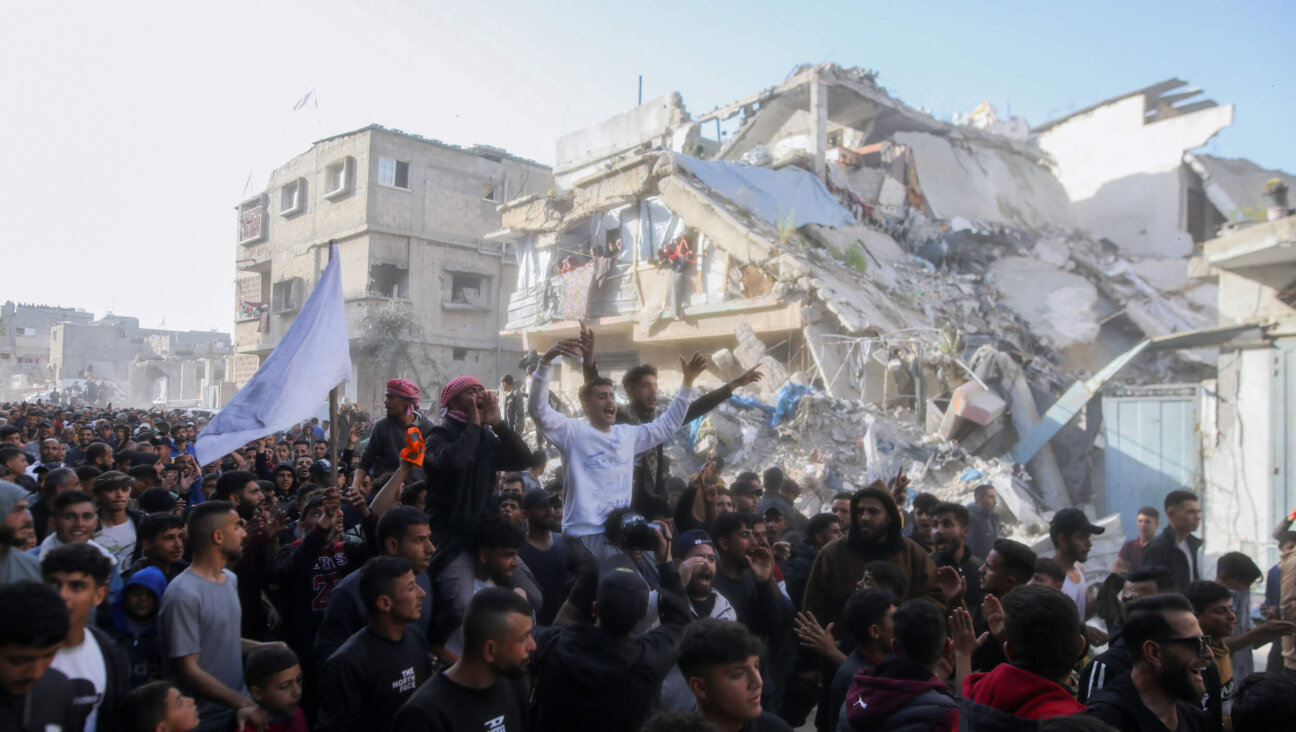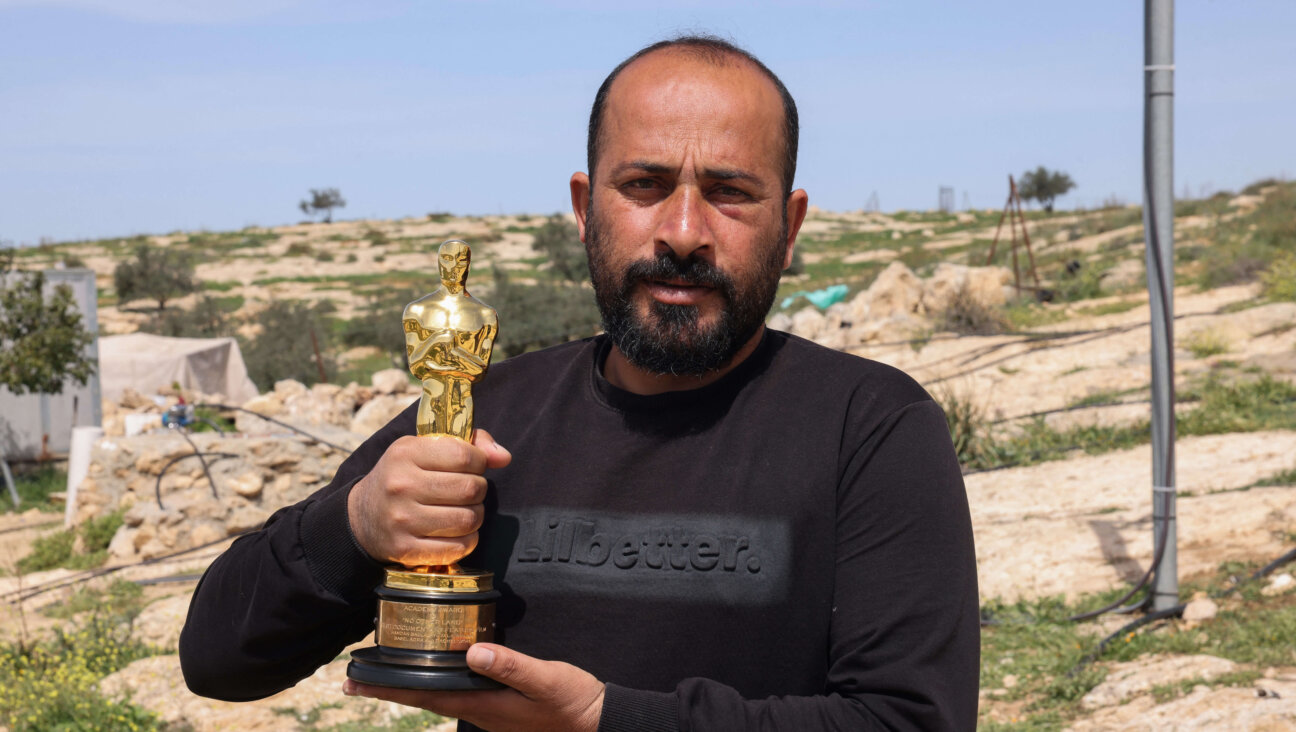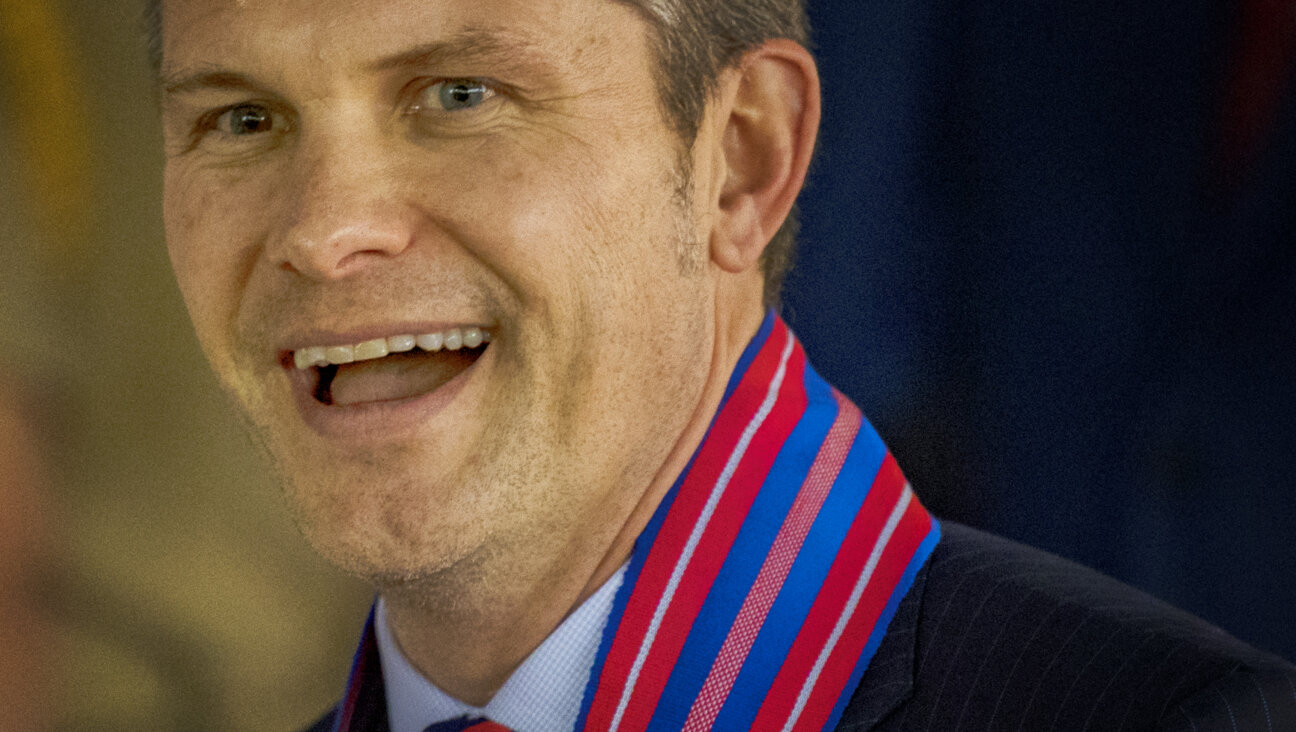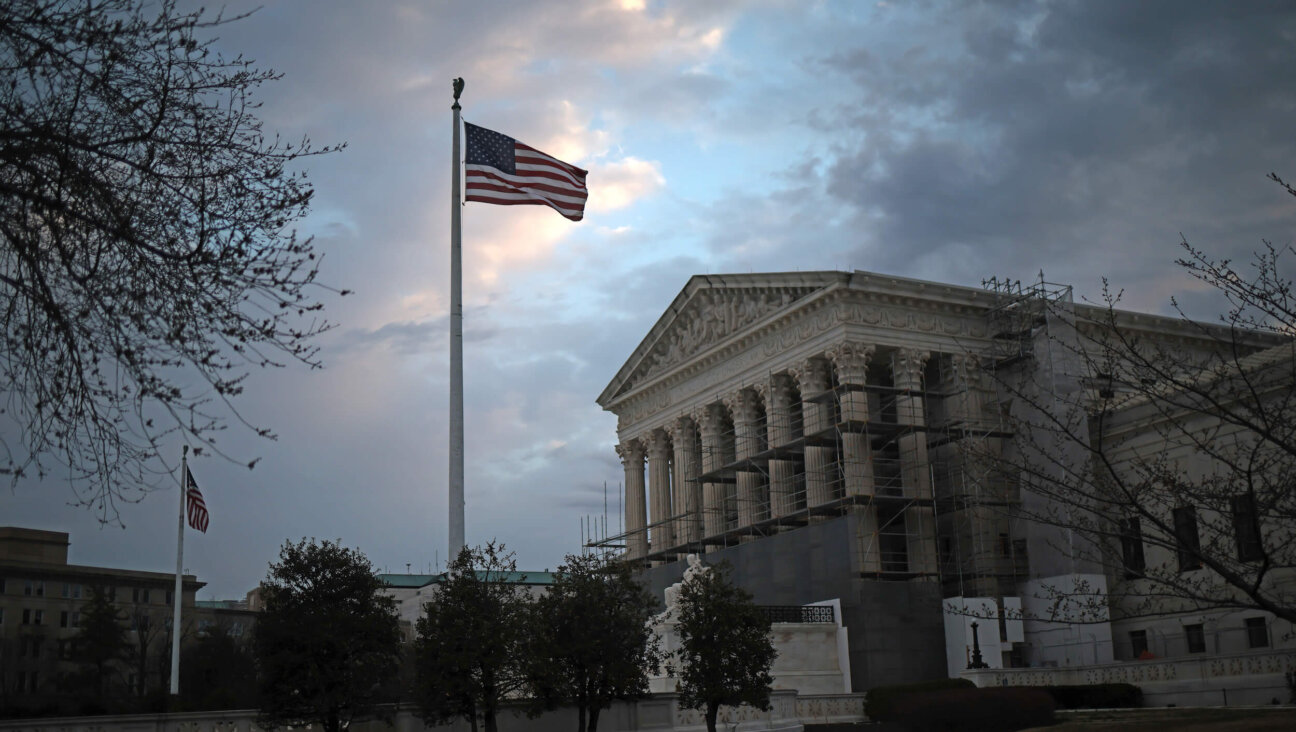That War, 60 Years Later
The leaders of more than 50 nations representing some half the global community, including virtually every country in Europe as well as Japan, China, the United States, Canada and Israel, will gather in Moscow next week to mark the 60th anniversary of the Nazi surrender that ended World War II in Europe. The May 9 ceremony will cap three days of events, including high-level arms talks and a European economic summit along with elaborate war commemorations featuring thousands of aging veterans from around the world.
Like the parallel assembly in Poland in January that marked the 60th anniversary of the liberation of Auschwitz, the Moscow gathering will serve as a watershed of sorts, reminding the world that the generation that lived through those earth-shaking events is rapidly passing from the stage. The current round of memorials will likely be the last major assembling of living witnesses to the European horrors. From this point on, their memories are bequeathed to their heirs, and to posterity.
Moscow is said to be putting on its best face for the historic gathering, sweeping the streets, festooning its public buildings and rounding up the usual terrorism suspects. Russia is hoping to showcase its new, post-communist status as a full member of the community of nations. In a larger sense, it wants to remind the world of the debt owed to the old Soviet Union for its role in that war.
It’s worth remembering. Two-thirds of the German army’s divisions were deployed on the Eastern Front, facing the Soviet forces. Half the war’s 40 million casualties were Soviets. The German-Soviet war was, in a real sense, the main event.
It’s worth remembering, too, because of what it teaches us about the meaning of that war. Too many of us have forgotten, or never understood, the vastness and the fraught stakes of the global conflagration. It’s become fixed in our memories as a simple contest between good and evil, in which the good guys won and the evil ones met their just punishment. With that as our model, we’ve taken to making every new confrontation into a morality play with only one acceptable outcome. But life isn’t that simple.
In fact, that war was not simply a showdown between good and evil. It was a war of decent humanity, ranging from the noble to the deeply flawed, against an enemy whose unparalleled depravity made every other consideration secondary. The Nazis were defeated by a fighting alliance that ranged from Churchill’s Tories and Roosevelt’s Democrats to Stalin’s Communists, an army of saints, ordinary sinners and not a few scoundrels. They were fighting not for democracy or freedom but for something more basic: the very soul of humanity.
Looked at in that way, the Russians will be seeking next week not to re-enter the human family but to remind us that they’ve been a part of it all along. Compared to World War II, we’re reminded, the U.S.-Soviet Cold War was a family feud.
For Jews the events are an important reminder that we, too, are part of the human family. The unspeakable cruelty that was visited upon us by Hitler’s minions was a uniquely demonic war within a larger war. The American, British and Soviet soldiers who saved the human family from the Nazi darkness saved our own family from utter extinction.
Our scholars and community leaders have spent much of the past three decades probing the wounds, showing how much more could have been done to save Jewish lives had the rest of the world known more and cared more. Much has been unearthed, and someday the lessons may be learned. Over the next few days, though, the right thing to do is to stand together with the rest of humanity, our fellow saints and sinners, and be grateful that our side won.
The Forward is free to read, but it isn’t free to produce

I hope you appreciated this article. Before you go, I’d like to ask you to please support the Forward.
At a time when other newsrooms are closing or cutting back, the Forward has removed its paywall and invested additional resources to report on the ground from Israel and around the U.S. on the impact of the war, rising antisemitism and polarized discourse.
Readers like you make it all possible. We’ve started our Passover Fundraising Drive, and we need 1,800 readers like you to step up to support the Forward by April 21. Members of the Forward board are even matching the first 1,000 gifts, up to $70,000.
This is a great time to support independent Jewish journalism, because every dollar goes twice as far.
— Rachel Fishman Feddersen, Publisher and CEO
2X match on all Passover gifts!
Most Popular
- 1

Film & TV What Gal Gadot has said about the Israeli-Palestinian conflict
- 2

News A Jewish Republican and Muslim Democrat are suddenly in a tight race for a special seat in Congress
- 3

Fast Forward The NCAA men’s Final Four has 3 Jewish coaches
- 4

Culture How two Jewish names — Kohen and Mira — are dividing red and blue states
In Case You Missed It
-
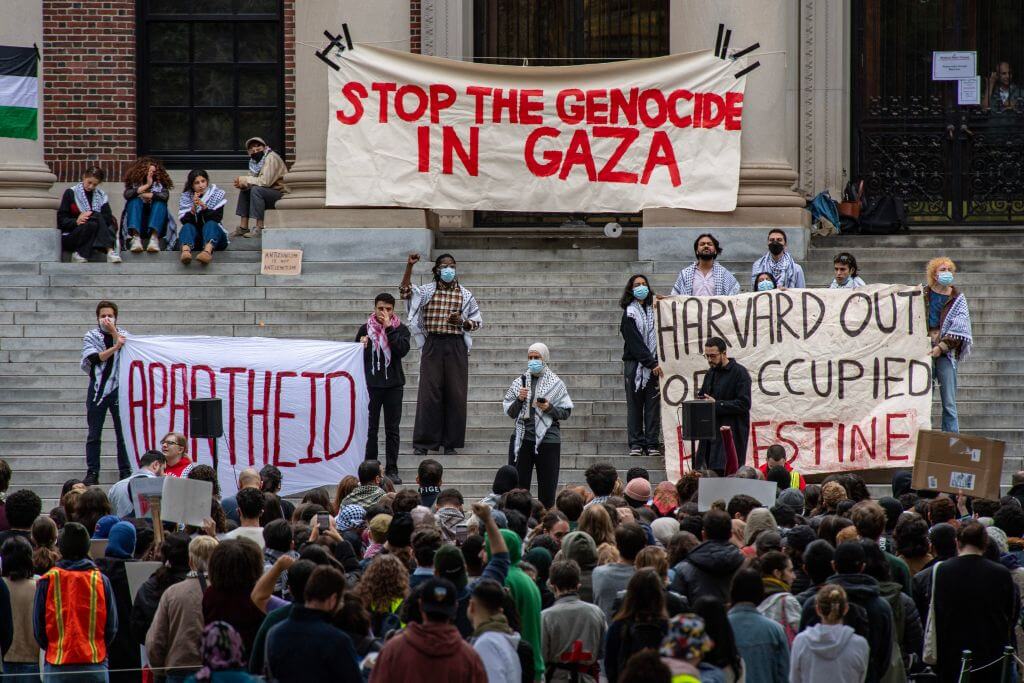
Fast Forward Rabbi who left Harvard calls Trump threat ‘reasonable’ — but warns of looming consequences
-
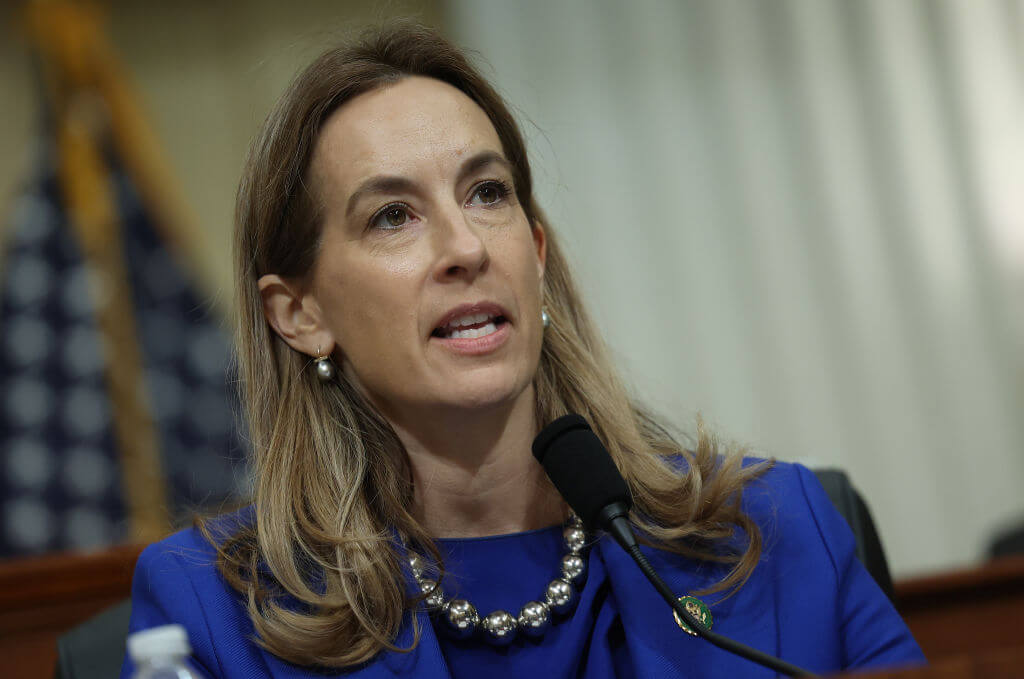
Fast Forward Secretive GOP firm distorts Democratic candidate’s views on Israel in NJ governor race
-
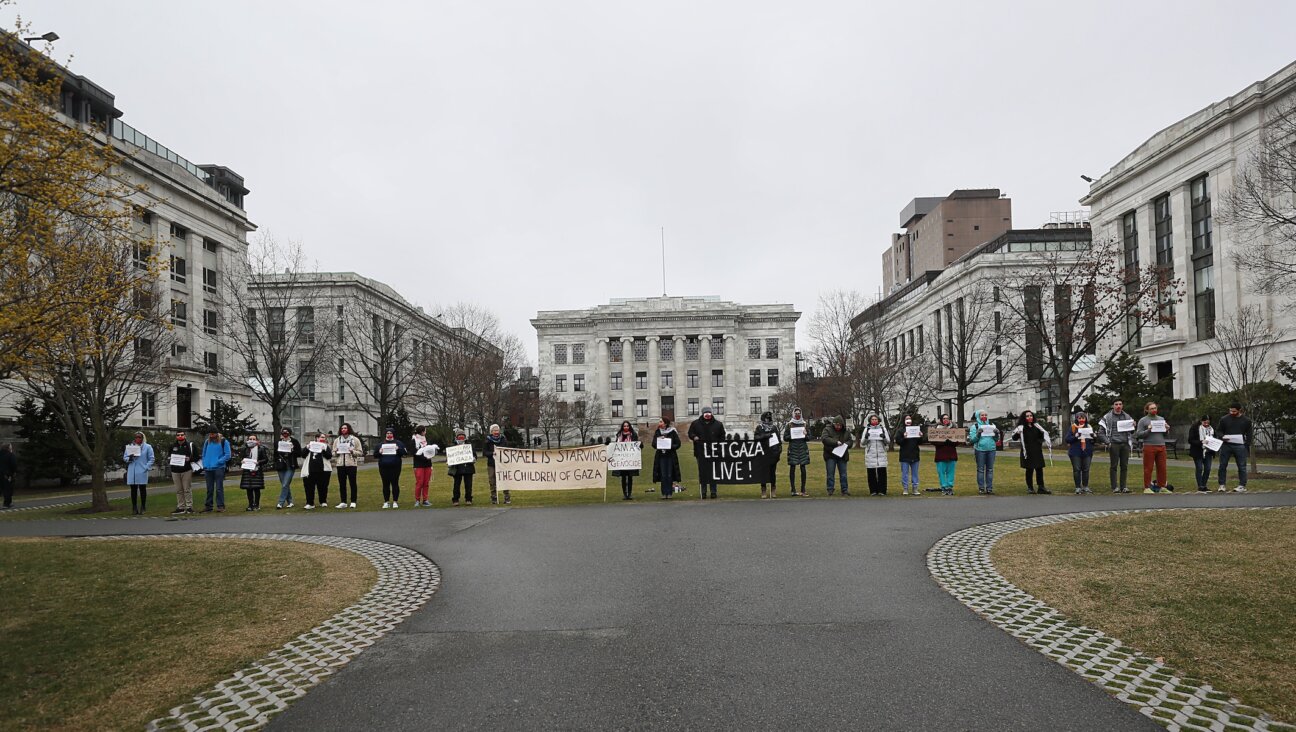
Fast Forward Trump administration to review nearly $9 billion in Harvard funding over campus antisemitism
-
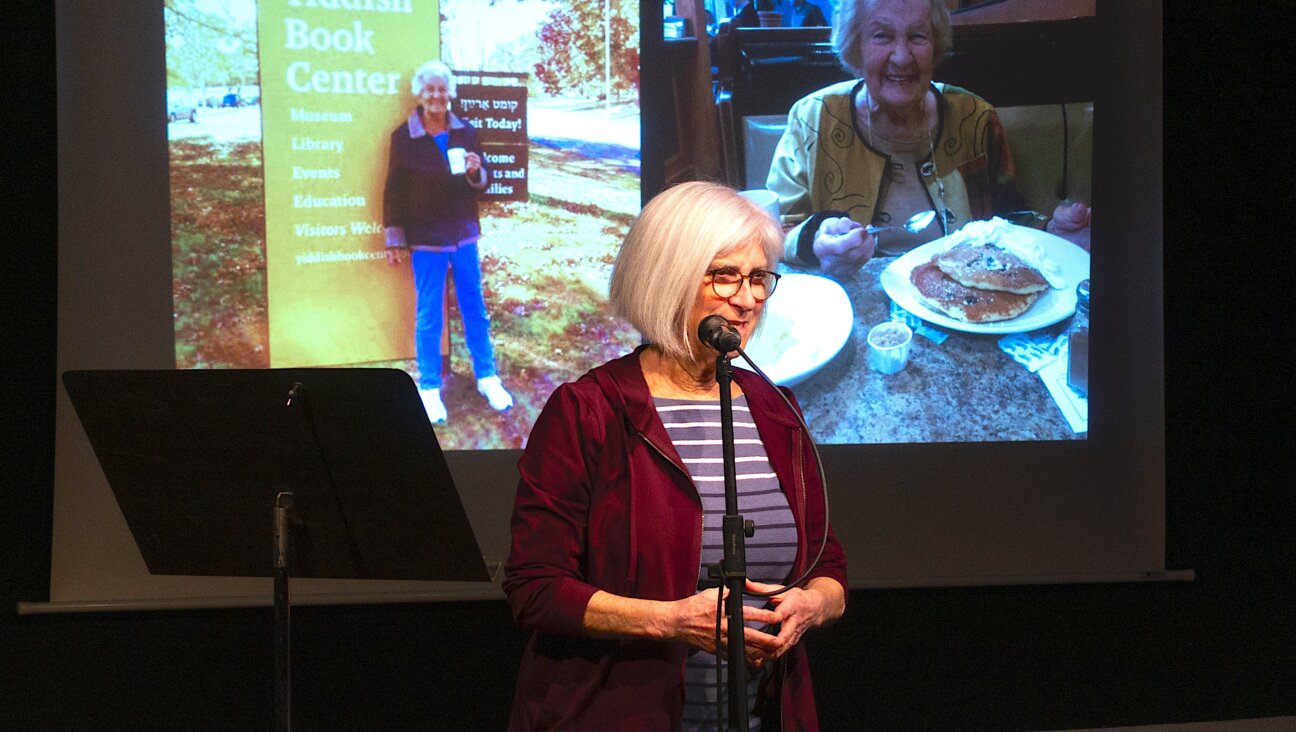
Yiddish World Yiddish fans in Berlin launch a Yiddish open mic series
-
Shop the Forward Store
100% of profits support our journalism
Republish This Story
Please read before republishing
We’re happy to make this story available to republish for free, unless it originated with JTA, Haaretz or another publication (as indicated on the article) and as long as you follow our guidelines.
You must comply with the following:
- Credit the Forward
- Retain our pixel
- Preserve our canonical link in Google search
- Add a noindex tag in Google search
See our full guidelines for more information, and this guide for detail about canonical URLs.
To republish, copy the HTML by clicking on the yellow button to the right; it includes our tracking pixel, all paragraph styles and hyperlinks, the author byline and credit to the Forward. It does not include images; to avoid copyright violations, you must add them manually, following our guidelines. Please email us at [email protected], subject line “republish,” with any questions or to let us know what stories you’re picking up.







